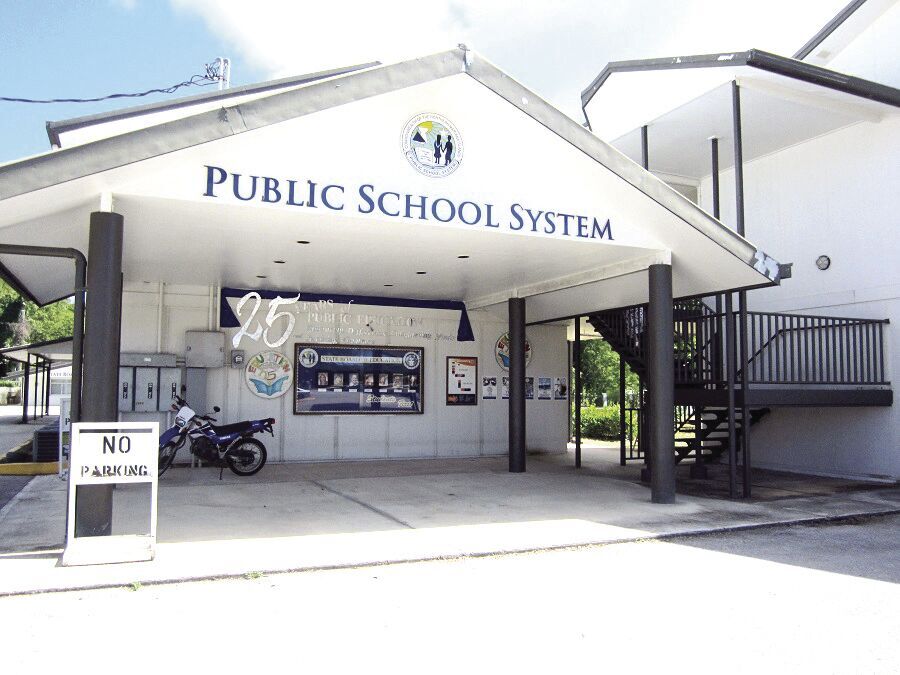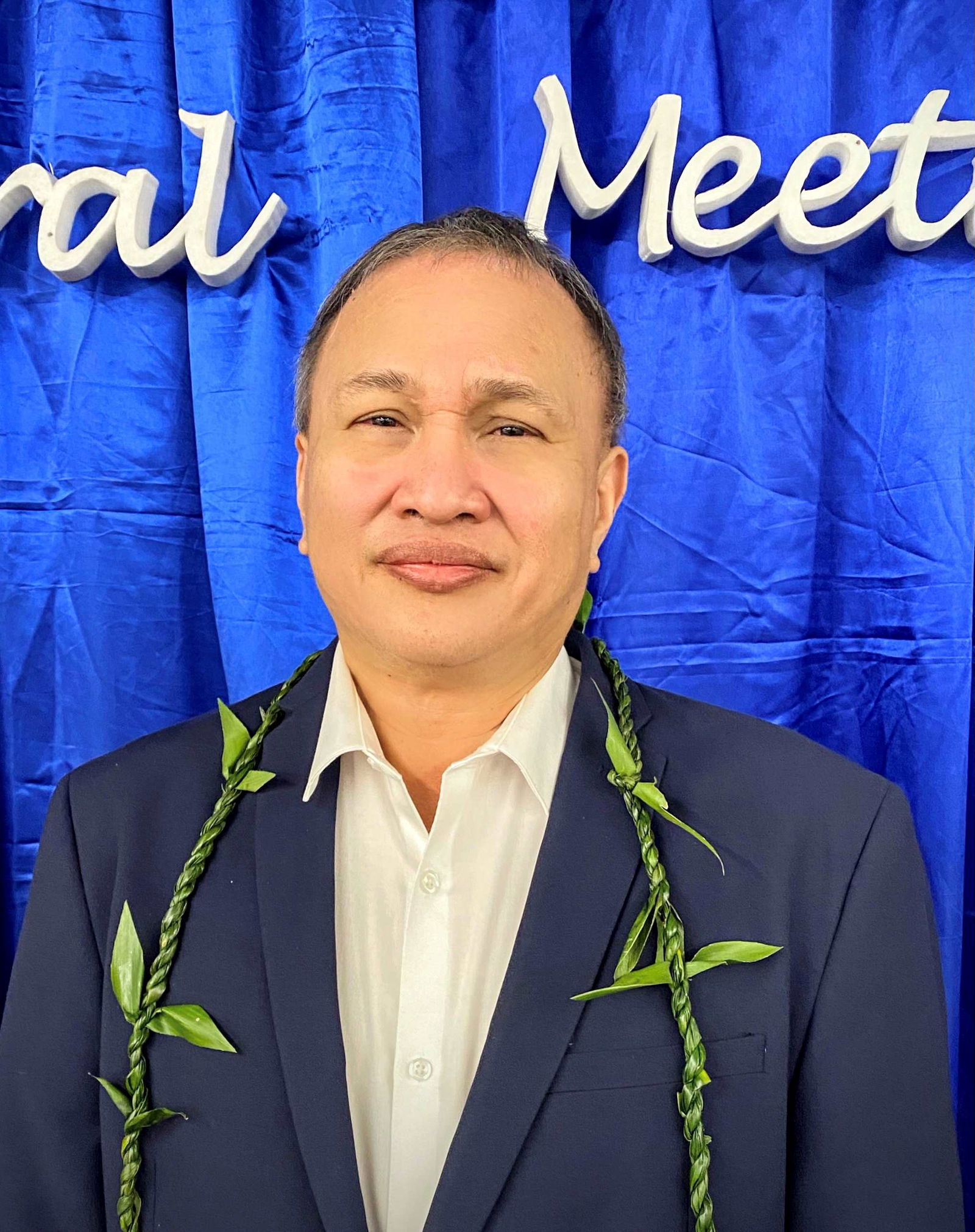

Andrew Orsini
THE Public School System’s funding under the American Rescue Plan Act expired on Sept. 30, 2024, but PSS was able to extend its use to cover federally allowable expenses through the current fiscal year, according to Board of Education member Andrew Orsini. He is now calling for contingency plans to protect students from the impact of what he calls an “inevitable fiscal cliff.”
“Everybody needs to be prepared for the worst-case scenario. I am not creating panic, but it is important to be aware,” Orsini said in an interview on Thursday. He clarified that he was speaking only for himself and not on behalf of the board.
“I’m not trying to scare people,” he reiterated. “I just want to give the public fair warning. As an education board member, I feel responsible to tell people about the dire situation we are facing.”
Orsini said after Sept. 30, 2025, PSS will have to rely solely on the constitutionally mandated 25% of the general fund from the central government.
According to Variety records, the $160 million in ARPA funds allocated to PSS supported safe school reopening and operations during and after the Covid-19 pandemic, addressing the academic, social, emotional, and mental health needs of students.
Of that amount, $70 million was used over four years to backfill the hole in local funding for public education, which was heavily affected by the collapse of tourism, the CNMI’s primary revenue source.
The ARPA spending plan also allowed PSS to pay salaries for teachers and staff that were previously covered by local funds. Another $75 million supported technology acquisition, internet connectivity, and the social, emotional, and health needs of students and staff. Private schools in the CNMI also received funding through PSS’s ARPA allocation.
PSS was recognized as “number 24 among the 50 states and number one among the territories” to submit a timely ARPA spending plan in 2021, which the U.S. Department of Education described as “one of the most comprehensive” it had received.
Delayed
In fiscal year 2025, funds for PSS have often been transmitted by the central government in delayed installments. Orsini said that whenever delays occurred, ARPA funds were used to cover the gap.
But with the “fiscal cliff” looming, he said, “it’s going to be different this coming fiscal year.” He said local appropriation alone will not be sufficient to meet the needs of students on Saipan, Tinian, and Rota.
Noting that the CNMI economy is “not in a stable order,” Orsini expressed doubt that the central government would be able to provide timely funding.
“Right now, ARPA has been helping PSS offset what the central government could not provide. Now that ARPA funding is ending, can the central government shoulder all of PSS’s expenses?” he asked.
Since last year, Orsini said he has been advocating for preparation to mitigate the impact of the impending fiscal cliff.
For the current fiscal year, FY 2025, PSS was allocated $33.6 million. In his FY 2026 budget submission, Gov. Arnold I. Palacios proposed $40 million for PSS, which includes $3.1 million to fund 180 instructional days.
Article XV, Section 1(e) of the CNMI Constitution requires the Commonwealth government to guarantee 25% of its general revenue for public education. The governor’s proposed FY 2026 budget identifies projected general revenue at $179.7 million. By law, 25% of that figure is $44.925 million.
Collaborate
To brace for the impact, Orsini said he will “continue to collaborate with the Legislature and the central government to ensure that PSS fulfills its constitutional mandate. Our engagement with the central government began three years ago to address the anticipated funding shortfall once ARPA funds expire on Sept. 30, 2025.”
Orsini said PSS’s decision to suspend travel funding beginning Aug. 19, 2025, aims to conserve financial resources — a move he fully supports.
As chair of the BOE’s Fiscal, Personnel, and Administration Committee, Orsini said he will ensure that the guidelines for the travel suspension are implemented effectively, with all non-essential travel eliminated.
“By curtailing travel costs,” he added, “we can redirect those funds to continue serving our students, support teachers, and keep our schools operating.”
He also reaffirmed his long-standing support for eliminating waste and cutting non-essential costs. Since 2021, he said, he has worked closely with fellow board members and PSS leadership to “explore every possible avenue for optimizing our school district’s operations.”











